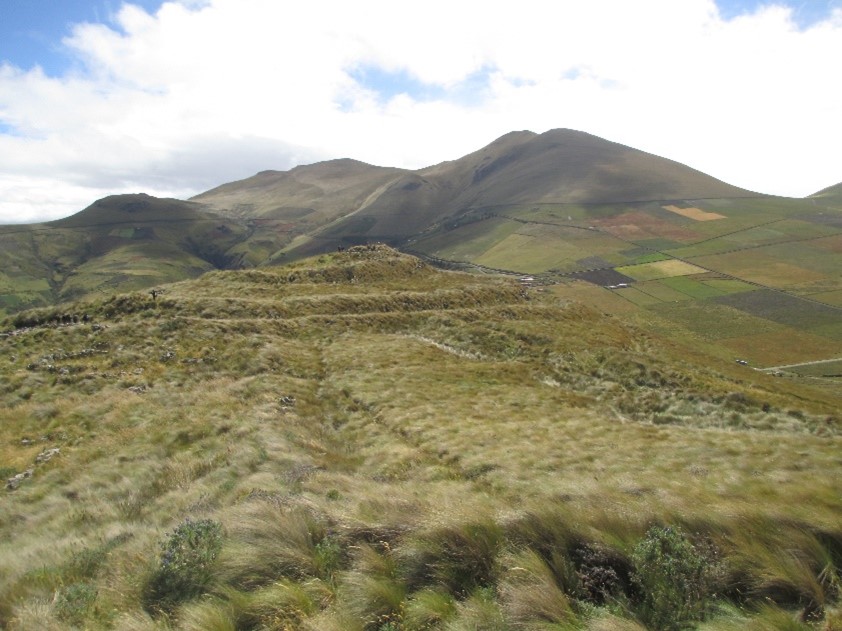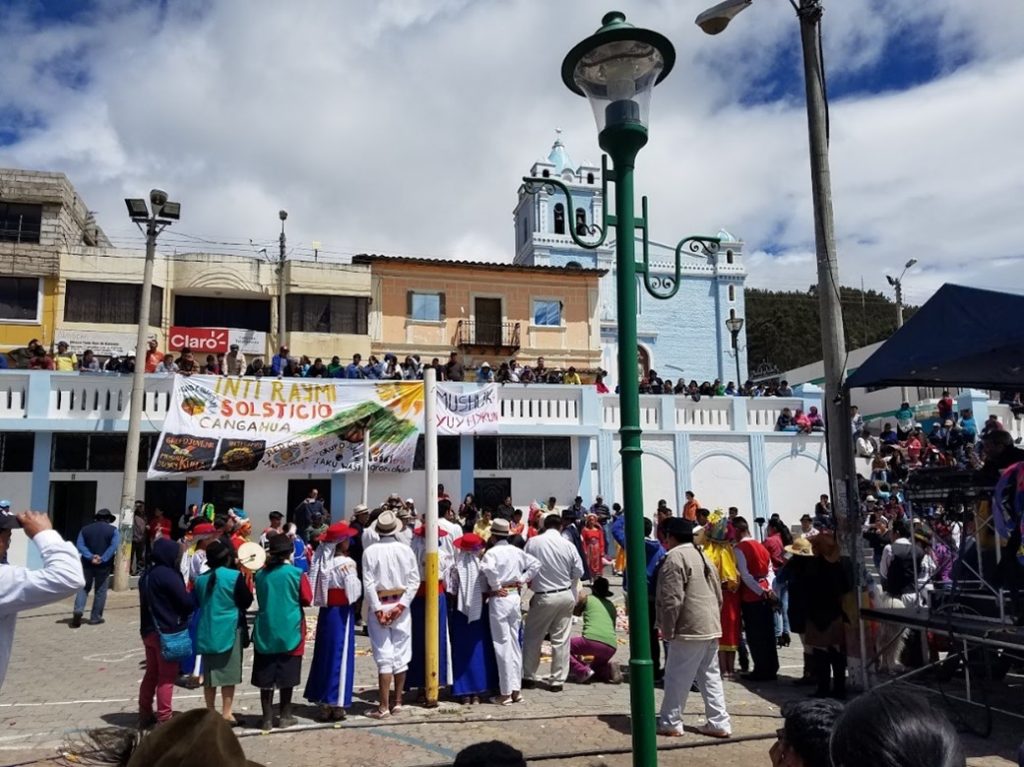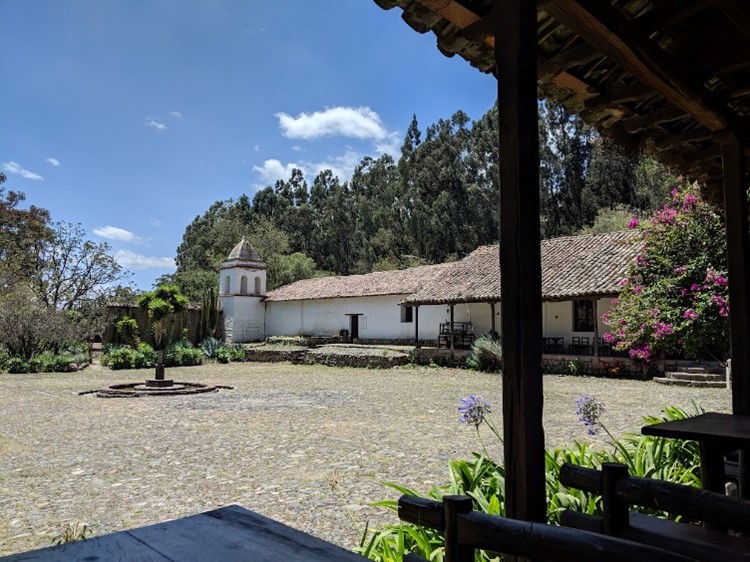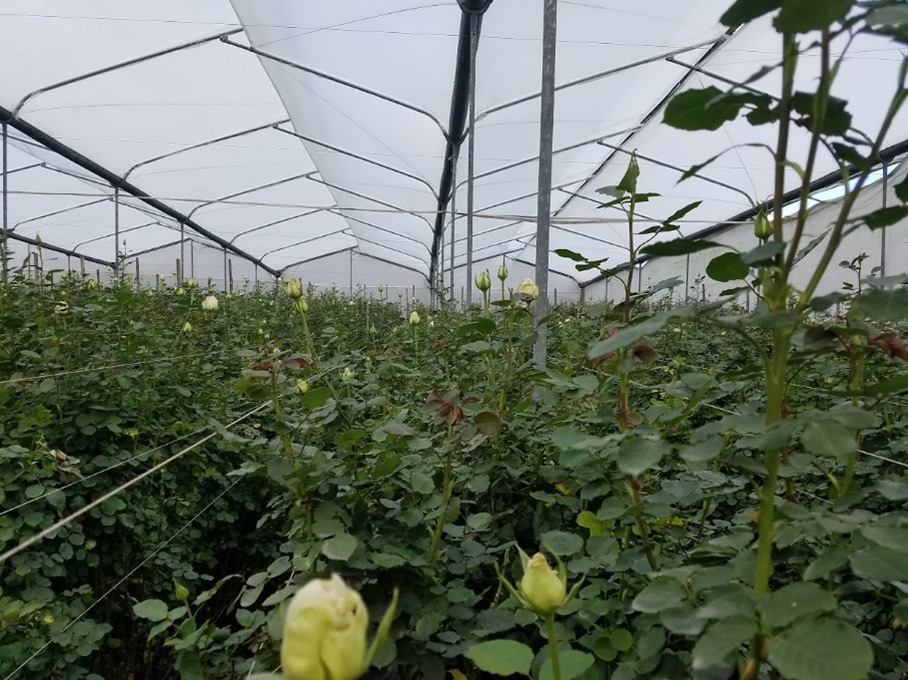Fieldwork
This listing expired on July 31, 2023. Please contact Cossin@american.edu for any updated information.




Location: XRCM+WX Buena Esperanza, Ecuador
Season: July 3, 2023 to July 31, 2023
Application Deadline: May 15, 2023
Deadline Type: Rolling
Website: https://www.american.edu/cas/anthropology/summer.cfm
Program Type:
Field School
RPA Certified:
No
Affiliation:
American University
Project Director:
Zev Cossin
Project Description:
This course explores various anthropological methods in archaeology, cultural heritage, and environmental justice. You will live in the rural, mountain town of Cangahua and participate in investigating centuries of cultural history of the area from Inca expansion around 1500 CE, to Spanish colonization starting around 1532 CE, all the way to contemporary life in the region.
You will gain first-hand experience in:
-Archaeological Lab (Artifact) Analysis
-Digital Heritage Stewardship and Documentation
-Community Based Participatory Research
-Archaeological Excavation (Historical Archaeology)
-Ethnographic Methods
Since 2001, the Pambamarca Archaeology Project has investigated a large complex of high elevation Inca and local fortresses dating to a period of Inca expansion, and local resistance, in the region around 1500. Since 2014, the project has also investigated additional transformations and forms of local resistance to Spanish colonization and rural lives in the region over the past five centuries with an emphasis on a major hacienda and textile mill (obraje) called Hacienda Guachala (www.guachala.com). This season, we will explore these last five centuries of history in the region, including today’s export flower industry, and the global connections between consumers (like us) and local producers.
We will be primarily focused on artifact analysis and digital heritage documentation based on existing artifact assemblages this year. We will conduct this work in collaboration with local communities and stakeholders. You will learn techniques of artifact analysis and digital documentation. We will also conduct small-scale excavations at Hacienda Guachala to better understand the everyday lives of hacienda laborers (18th-20th centuries). We will meet with local organizations and visit sites to better understand how these centuries of history relate to the export flower industry today, and our connection as consumers. Students will conduct independent pilot projects on topics of their choice.
Notes:
Apply here: https://docs.google.com/forms/d/e/1FAIpQLSctJRDkm58bWTqXSrX2J-uI-YZAwJkQF3Z1AmRTpCd31t7yFg/viewform
Project Size: 1-24 participants
Minimum Age: 18
Room and Board Arrangements:
Students will be residing in the small town of Cangahua, which is located in the County of Cayambe on the northeastern limits of the Province of Pichincha (all about one hour north-east of Quito, but Cangahua itself may not appear on maps). The capital city of this county is also named Cayambe, which you will find on any map of Ecuador. Cangahua sits in the hills south of the city of Cayambe and it takes about 20 minutes to travel between them by bus. As you will discover, Cangahua itself is wonderful place to live — small, open and enjoyable.
Participants will stay in a dormitory-styled house located behind the main church in the town of Cangahua. This ‘Casa Comunal’ is a large, two-story building with electricity, running water, showers, a kitchen, a mess hall and plenty of beds. When the project is up and running meals will be prepared for the project by cooks that are very familiar with the project. The food is excellent and super healthy! (Imagine tasty quinoa pancakes.)
Academic Credit:
Participants register for ANTH439/639 for 3 credits at American University as non-degree seeking students. All food, lodging, and in-country transport comes included.
Apply here: https://docs.google.com/forms/d/e/1FAIpQLSctJRDkm58bWTqXSrX2J-uI-YZAwJkQF3Z1AmRTpCd31t7yFg/viewform
Dr. Zev Cossin
4400 Massachusetts Avenue, NW
Washington, DC
20016
The AIA is North America's largest and oldest nonprofit organization dedicated to archaeology. The Institute advances awareness, education, fieldwork, preservation, publication, and research of archaeological sites and cultural heritage throughout the world. Your contribution makes a difference.